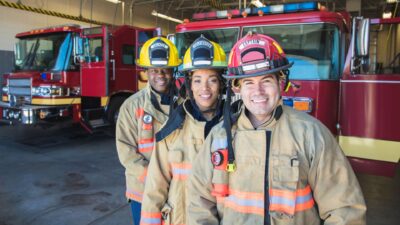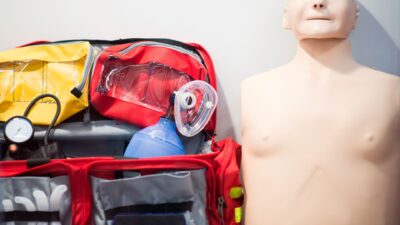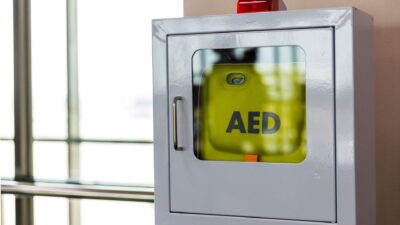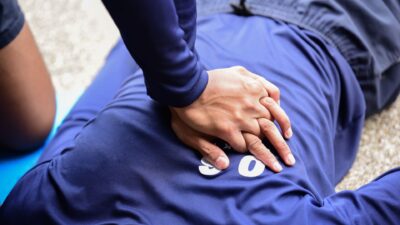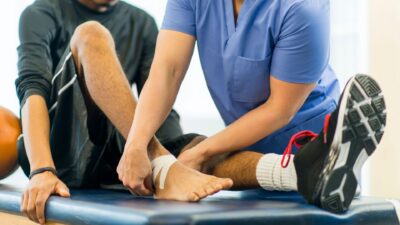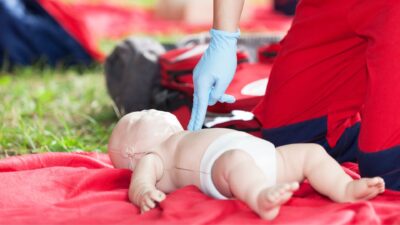
What does CAB stand for in CPR?
CAB in CPR stands for Compressions, Airway, and Breathing. This sequence is essential during cardiopulmonary resuscitation and focuses on maintaining circulation before addressing the airway and breathing. It’s a method widely recognized for saving lives during cardiac arrest. If you’re looking to become certified or renew your knowledge in this life-saving process, consider visiting CPR…
Read More
